Iran welcomes election of new interim government in conflict-ridden Libya
Iran has welcomed an agreement by Libya’s rival political groups to form an interim unity government in the crisis-hit North African country, hoping the incoming executive authority would facilitate elections there.
Foreign Ministry spokesman Saeed Khatibzadeh hailed the selection of the interim government, and expressed hope it would create ideal conditions for national presidential and parliamentary elections in Libya scheduled for December 24.
“We hope that the Libyan interim government will prepare the ground for stability and peace, growth and progress in the country on the basis of sovereignty, independence, territorial integrity and far from foreign interference,” Khatibzadeh pointed out.
UN-sponsored talks in the Swiss city of Geneva produced a new interim government for Libya on Friday, choosing Mohammed al-Menfi as presidency council head and Abdulhamid Dbeibeh as prime minister.
UN Secretary-General Antonio Guterres said, “My appeal to everybody is to recognize and accept these results and to work with the new authorities that were elected.”
The formation of a unified administration is aimed at resolving a decade of chaos, division and violence in Libya.
The violence-wracked country, which sits atop the largest oil reserves in Africa, first plunged into chaos in 2011, when a popular uprising backed by a NATO intervention led to the ouster of long-time leader Muammar Gaddafi.
Two rival governments, and their affiliated armed groups, have been running different parts of the North African country.
Libya descended into fresh turmoil last year after the so-called Libyan National Army (LNA) under the command of renegade general Khalifa Haftar, a US citizen, moved toward Tripoli to seize the capital. The offensive was repelled by forces of the United Nations-backed Government of National Accord (GNA).
The conflict has since escalated into a regional proxy war fueled by foreign powers pouring weapons and mercenaries into the country.
Turkey has been propping up the UN-backed government against Haftar forces, which are being backed by the United Arab Emirates, Egypt and Jordan.
Israel launches three raids on Lebanon in fresh truce breach: Report
Dec. 26: ‘Axis of Resistance’ operations against Israeli occupation
Israeli forces raid Kamal Adwan Hospital after killing 53 in airstrikes
Pezeshkian to visit Russia next month to sign partnership pact
Missile fired from Yemen hits Tel Aviv after Israeli airstrikes
VIDEO | Iran emerging as aviation service hub through innovative solutions
Iraq exhuming remains of 100 Kurdish women, children killed by Saddam
Panama rejects talks with US over canal control


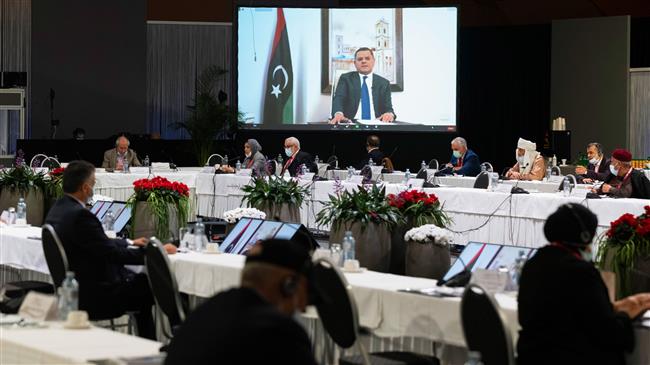


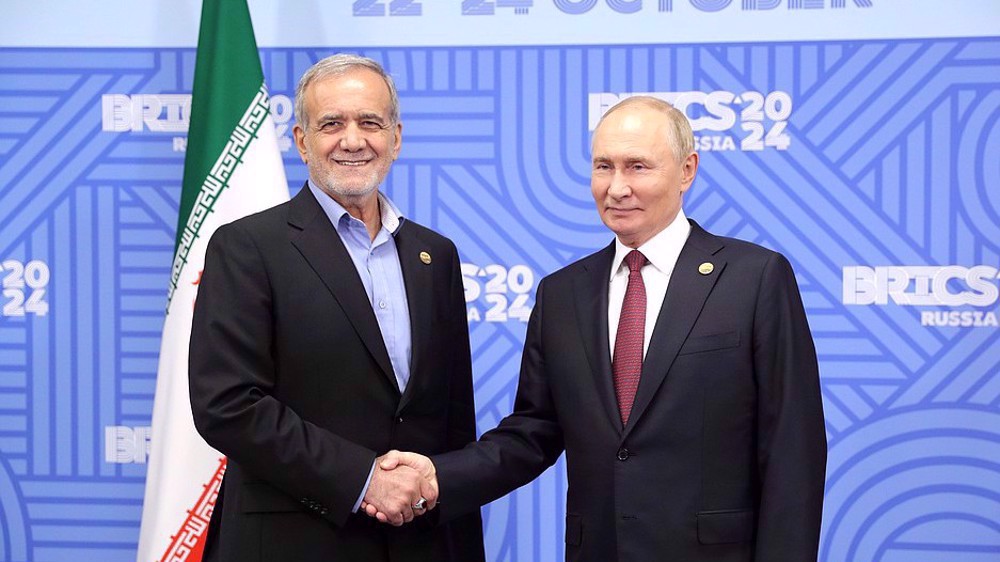
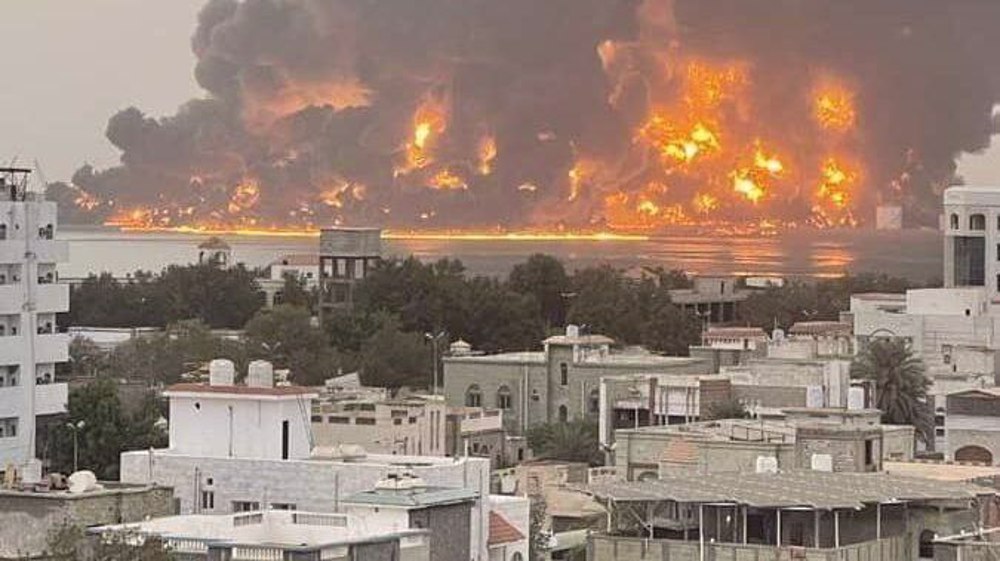
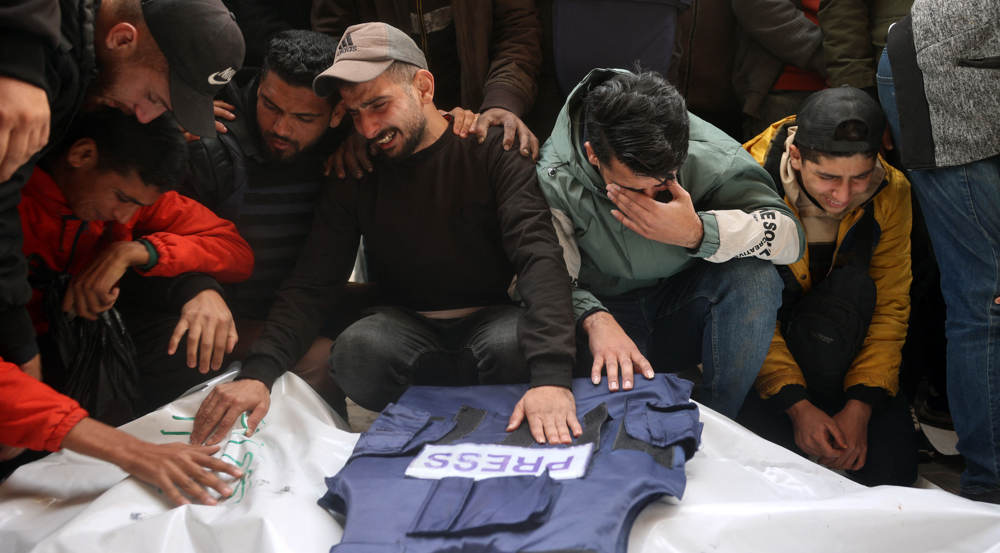




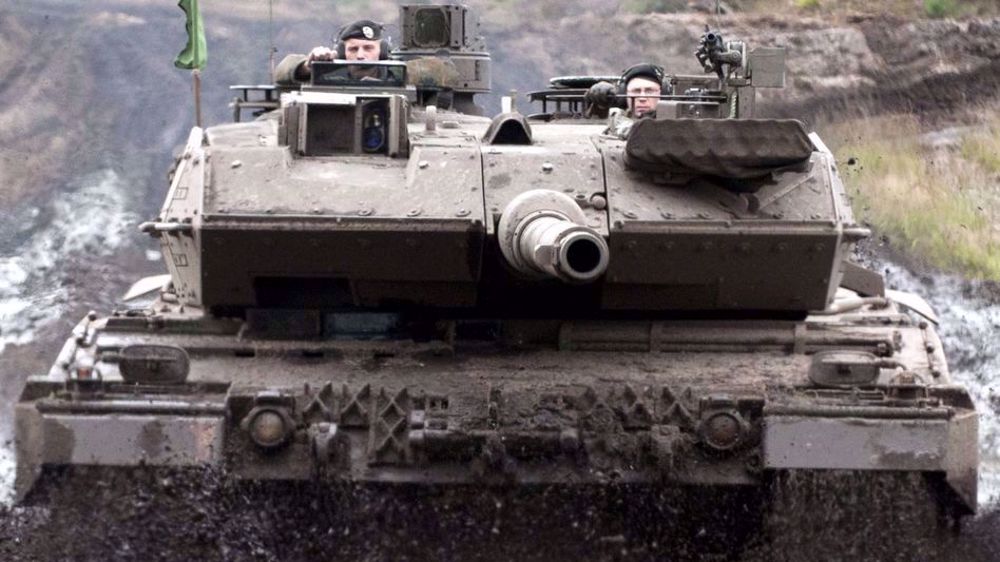
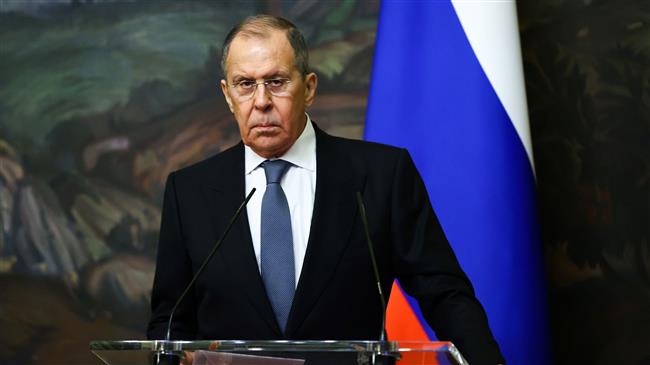


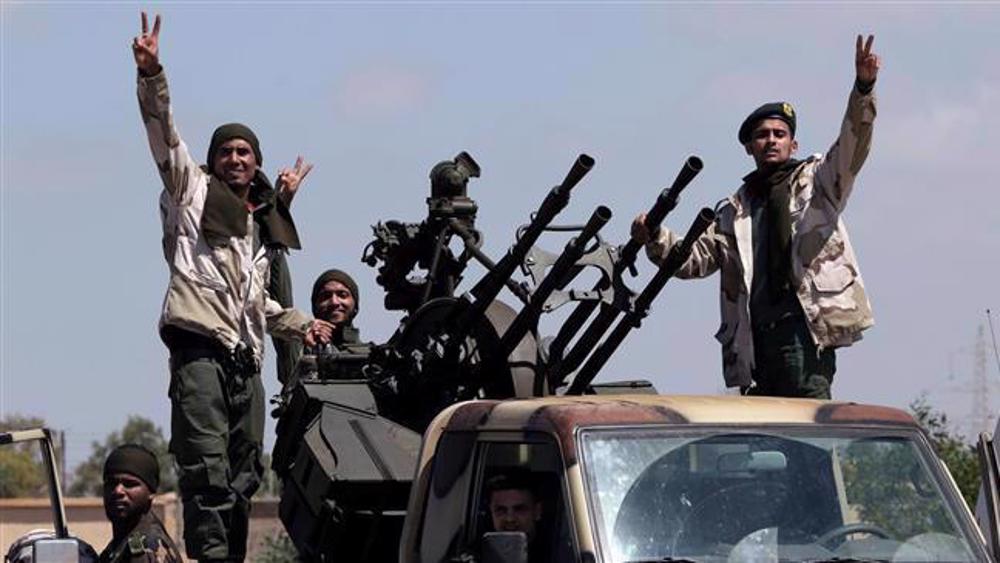

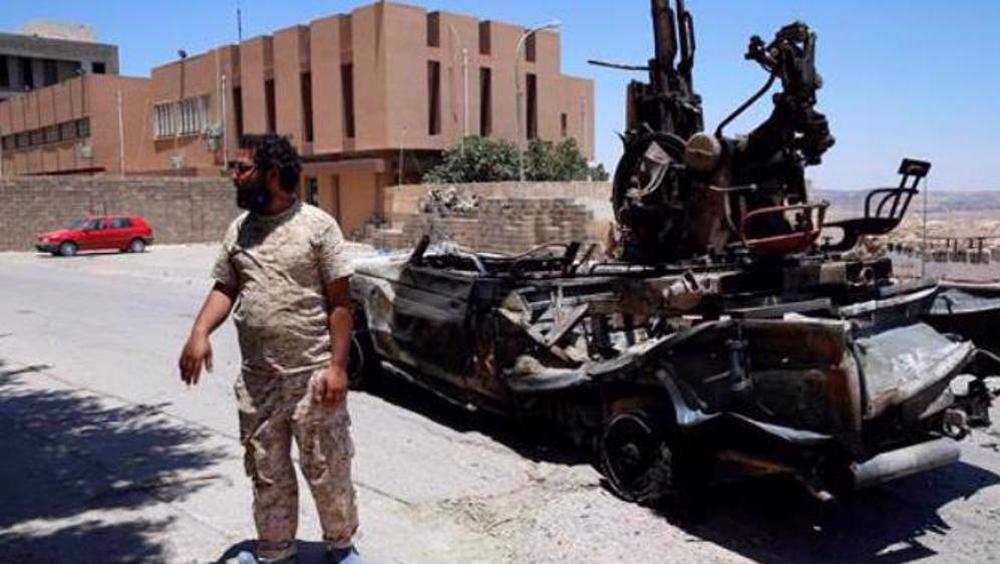
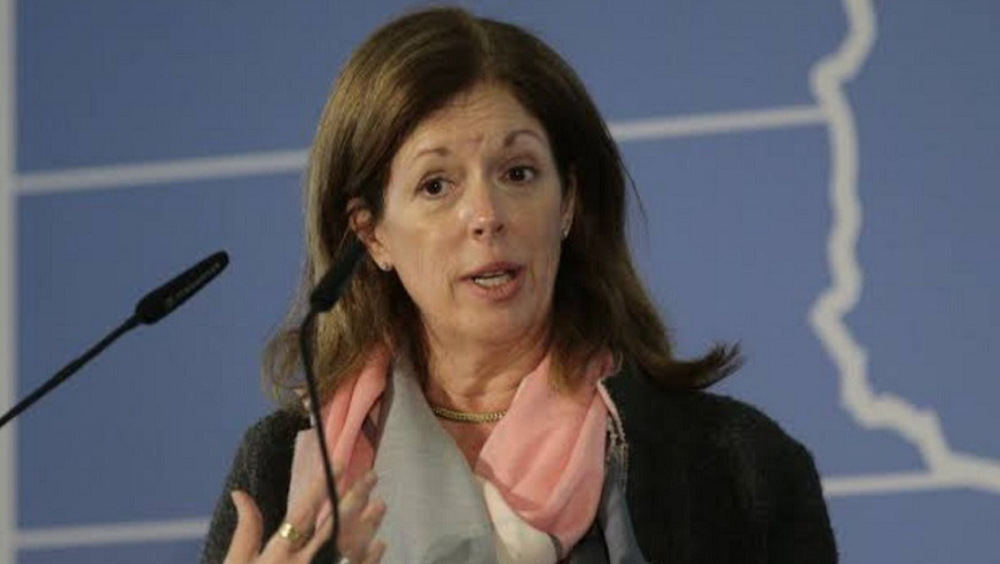

 This makes it easy to access the Press TV website
This makes it easy to access the Press TV website